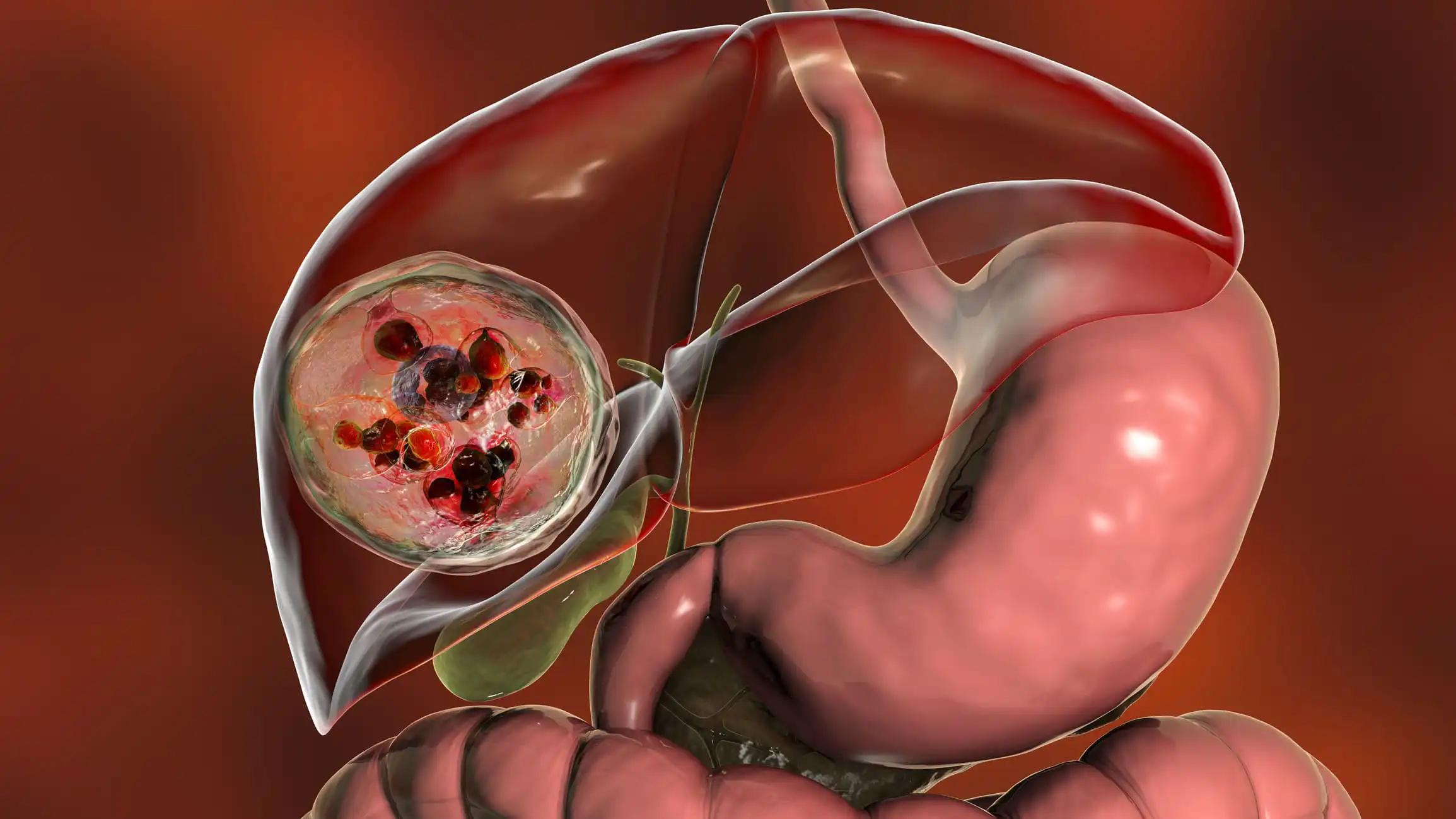KEY TAKEAWAYS
- The study aimed to investigate the differential gene expression patterns in HCC to identify novel biomarkers and potential therapeutic targets.
- Researchers identified key genes and pathways driving HCC, suggesting new targets for therapy and prognosis improvement.
Hepatocellular carcinoma (HCC) is a primary liver cancer with a poor prognosis and high mortality rates. Despite extensive research, the underlying molecular mechanisms of HCC remain largely unclear. This study applies advanced bioinformatics approaches to identify differentially expressed genes (DEGs) that play a crucial role in the development and progression of HCC.
Ata Moghimi and the team aimed to assess the expression patterns of these identified DEGs to further validate their role in HCC pathogenesis and potential as therapeutic targets.
They performed an inclusive analysis utilizing the Gene Expression Omnibus (GEO) database as the primary data source. Initially, the Transcriptome Analysis Console (TAC) was employed to screen for DEGs in patients with HCC. A protein-protein interaction (PPI) network was then constructed using the STRING database to explore the interactions among proteins associated with the identified DEGs.
Hub genes were determined through Cytoscape analysis and validated using the GEPIA database. Additionally, the prognostic significance of these hub genes was assessed in patients with HCC using the GEPIA database.
To investigate regulatory interactions, a miRNA-gene interaction network was constructed with data from the miRDB database. Finally, CANCER DP was used to predict the impact of gene overexpression on drug effects, providing insights into potential therapeutic strategies for HCC.
About 4,716 DEGs were identified in a comprehensive analysis of HCC gene expression profiles, with 2,430 genes upregulated and 2,313 genes downregulated in HCC samples compared to a healthy control group. These DEGs were significantly enriched in key pathways, including the PI3K-Akt signaling pathway, nuclear receptors meta-pathway, and various metabolism-related pathways.
Further investigation of the PPI network highlighted the P53 signaling pathway and pyrimidine metabolism as the most prominent pathways. Ten hub genes—ASPM, RRM2, CCNB1, KIF14, MKI67, SHCBP1, CENPF, ANLN, HMMR, and EZH2—were identified, showing significant upregulation in HCC samples compared to the healthy control group.
Survival analysis revealed that elevated expression levels of these genes were strongly associated with changes in overall survival among patients with HCC. Additionally, specific miRNAs were identified as influencing the expression of these genes, offering valuable insights into potential regulatory mechanisms driving HCC progression.
The study concluded that pivotal genes and pathways implicated in the pathogenesis of HCC have been successfully identified. These novel discoveries hold the potential to significantly advance the understanding of HCC at the molecular level, paving the way for the development of targeted therapies and improved methods for prognosis evaluation.
This study was supported by a grant from Tabriz University of Medical Sciences under ethical code of IR.TBZMED.VCR.REC.1401.392.
Source: https://pubmed.ncbi.nlm.nih.gov/39118438/
Moghimi A, Bani Hosseinian N, Mahdipour M, et al. (2024). “Deciphering the Molecular Complexity of Hepatocellular Carcinoma: Unveiling Novel Biomarkers and Therapeutic Targets Through Advanced Bioinformatics Analysis.” Cancer Rep (Hoboken). 2024 Aug;7(8):e2152. doi: 10.1002/cnr2.2152. PMID: 39118438.



